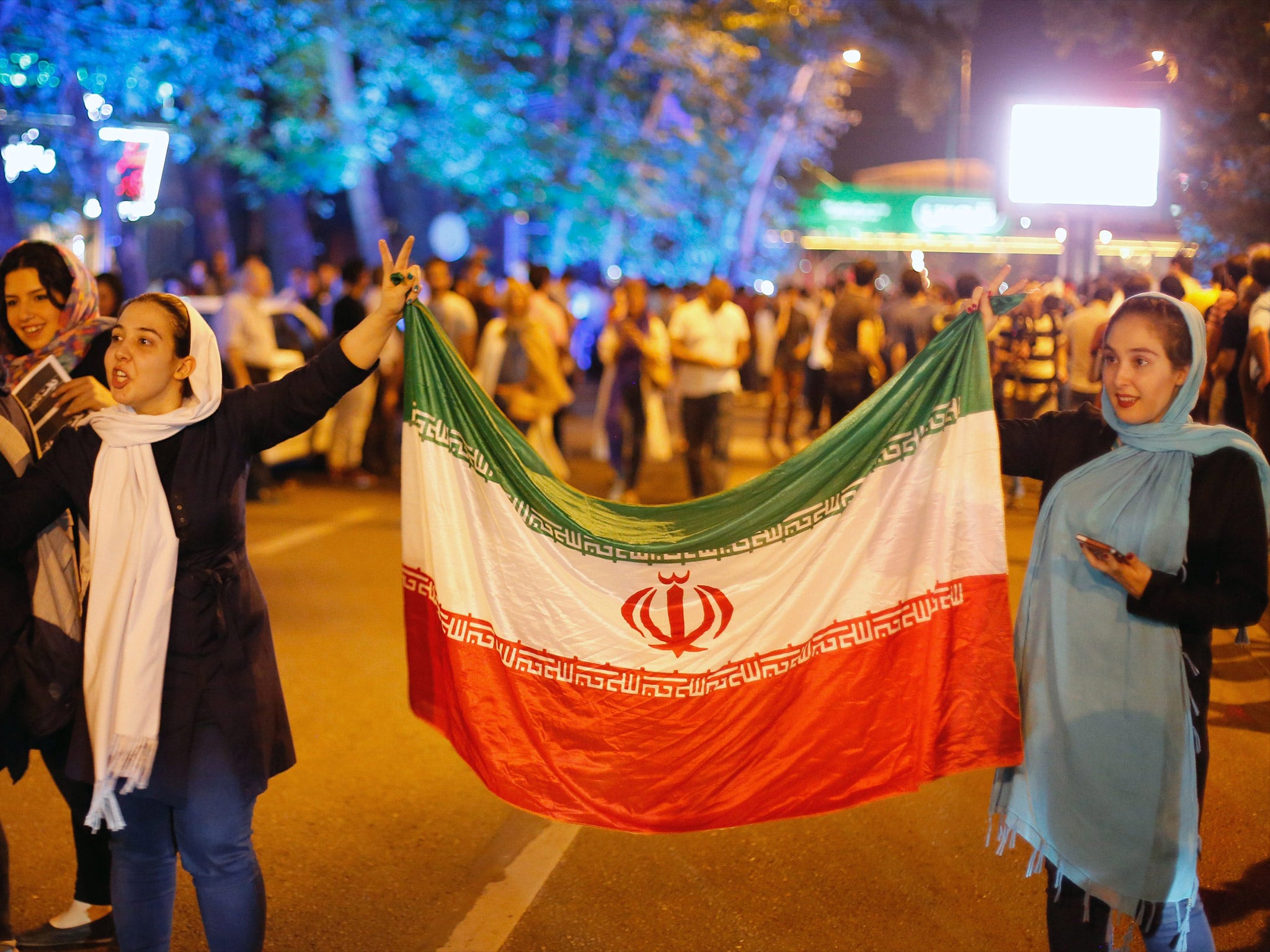Iran nuclear deal: What exactly does Iran want with all that enriched uranium?
We are looking at a ten to fifteen year gamble, and the odds are not tempting

No one likes to be a party pooper, but in the Middle East, the international community giving a stamp of approval to Iran’s nuclear programme is not much to celebrate.
There aren’t many issues that have Israel and major Sunni Arab states on the same side of the argument, but this is one. For those of us in Israel who have had to take cover from incoming rockets supplied and paid for by Iran, the prospect of the Ayatollah’s receiving a $150bn windfall as sanctions are lifted also leaves us cold.
It won’t just be the well-groomed Iranian foreign minister Dr. Zarif with a big smile on his face, it will be the regime leaders back in Tehran, and all their pals in the region. The Supreme Leader will be getting congratulatory text messages from all his friends: President Assad in Syria, Hezbollah leader Hassan Nasrallah in Lebanon, and the Hamas and Palestinian Islamic Jihad commanders who store Iranian-supplied missiles in Gazan schools and hospitals.
If the upside of easing sanctions on Iran was a diplomatic solution that permanently kept Iran out of reach of nuclear weapons, this might be justifiable. But instead we are looking at a ten to fifteen year gamble, and the odds are not tempting.
If this deal survives Congressional scrutiny in the US, Iran will, in the second decade, have the right to build an industrial scale enrichment programme which would give the ability to acquire nuclear weapons at the moment of its choosing.
The US administration is betting that if it curbs Iran’s nuclear programme for 10 to 15 years, and lets Iran enjoy the benefits of being sanctions-free, when the restrictions on its nuclear programme are lifted it won’t use the opportunity to build nuclear weapons. And in the meantime, with sanctions lifted, they hope Iran will become a better global citizen.
For the US, this might look like a justifiable punt, and better than the prospect of having to bomb Iran’s nuclear facilities. For Israel, whom Iran’s Supreme Leader likes to tweet about ‘eliminating’, this is a gamble with our lives.
It doesn’t help that John Kerry – well intentioned though he may be – appears to be contradicting himself. First he tells us candidly that a one year breakout time (the time it would take Iran to enrich enough uranium for one bomb) is enforced only for ten years. Then in the next breath he tells us the agreement has no sunset clause. It is not clear how both these statements can be true.
It’s worth recalling how we got here. Iran built a massive programme designed to give it nuclear weapons capability, entirely in secret, then it got caught red handed. Instead of dismantling its illegal facilities, it just kept on developing them. It was ultimately forced to enter negotiations only because of tough sanctions.
Recall that Iran has no domestic need for uranium enrichment. It is one the most oil and gas rich nations in the world. Its one nuclear power plant can use Russian fuel only. In the words of US Iran expert Ray Takeyh, Iran is like someone who buys a gallon of petrol every day but does not own a car. The obvious question is, what does it want with all that enriched uranium?
The US and its allies started out with the goal of getting Iran to dismantle the facilities it built illegally. The Iranian goal was to get rid of the sanctions and legitimise what it had built. In the long run it is clear. Iran has achieved its goals.
So will the Iranian regime’s penchant for radical sectarian power projection evaporate once it has renewed the right to sell lots of oil and buy lots of arms? It would be nice to think so, but no one has offered a single convincing reason why it would.
It is extremely important now that the US, Britain and their allies reinforce deterrence, and convince Iran that if they cheat on the deal or abandon it, as they have so often in the past, they will pay a very heavy price. At the same time, they need to open a close dialogue with their allies in the region, both Israel and the Sunni Arab states, about how to prevent Iran from using the deal to advance its destabilising policies.
Toby Greene is the Director of Research at BICOM and author of Blair,Labour and Palestine: Conflicting Views on Middle East Peace After 9/11.
Join our commenting forum
Join thought-provoking conversations, follow other Independent readers and see their replies
Comments
Bookmark popover
Removed from bookmarks